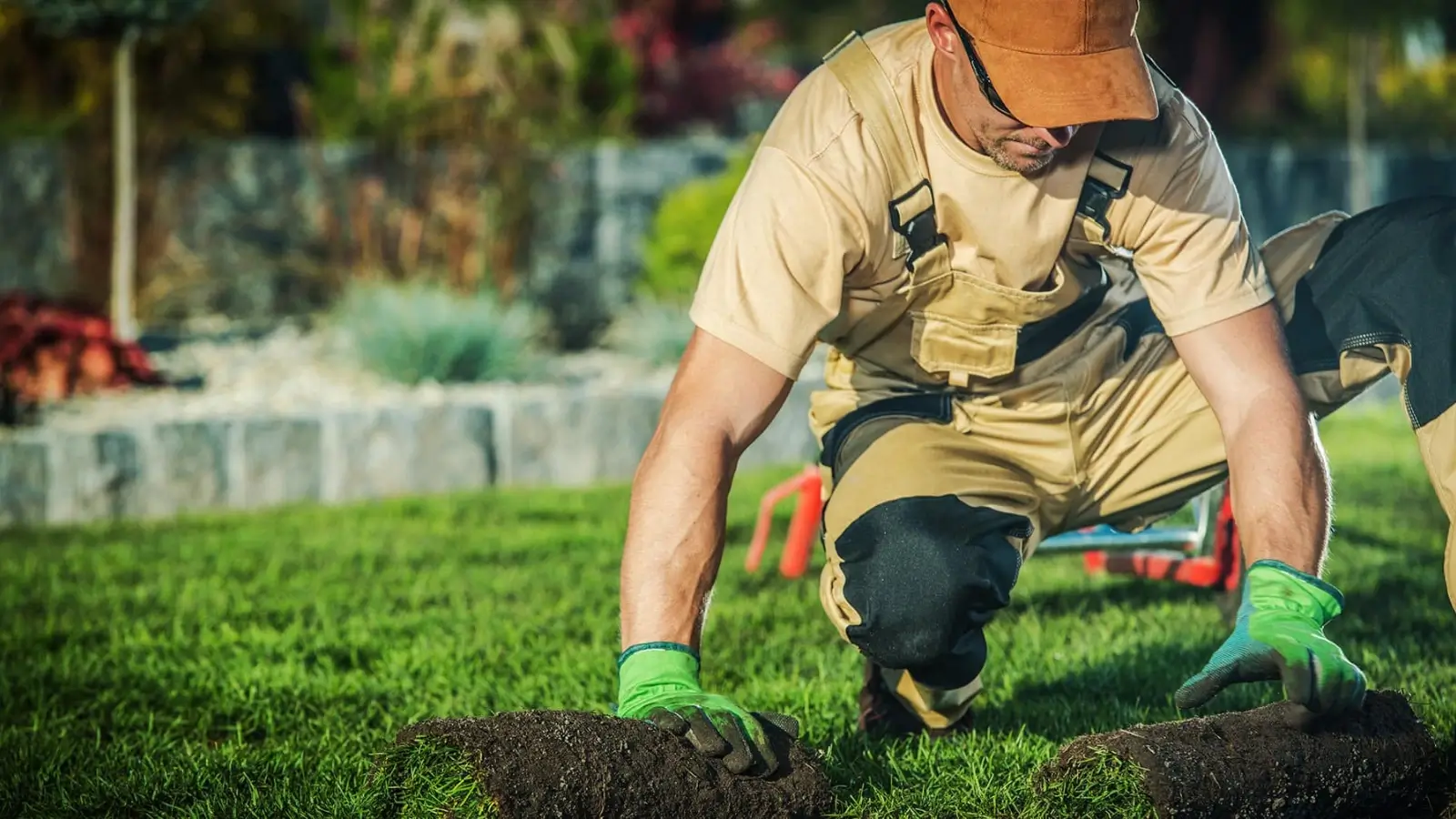


The landscaping industry continues to grow as more homeowners prioritize outdoor living spaces and property aesthetics. However, competition remains fierce, making client acquisition a critical challenge for landscaping businesses. Success requires more than exceptional design skills and reliable service. You need strategic marketing, outstanding customer relationships, and a deep understanding of local preferences to build a thriving client base.
Your community represents your most valuable client source. Establishing yourself as the go-to landscaping professional in your area creates steady referral streams and repeat business opportunities. Focus on neighborhoods where your work style and pricing align with homeowner expectations.
Drive through target neighborhoods to identify properties that could benefit from your services. Look for neglected lawns, outdated plantings, or homes recently sold that might need landscape updates. This reconnaissance helps you understand local preferences while identifying potential prospects.
Participate in community events, home and garden shows, and neighborhood associations. These venues provide face-to-face networking opportunities that digital marketing cannot replicate. Bring portfolio photos, business cards, and small promotional items that keep your name visible after initial meetings.
Partner with complementary local businesses like nurseries, home improvement stores, and real estate agents. These professionals frequently encounter clients who need landscaping services and can provide valuable referrals when you maintain strong relationships with them.
Modern clients research landscaping services online before making contact. Your digital presence must showcase your expertise while making it easy for prospects to find and contact you. Professional photography of completed projects forms the foundation of effective online marketing.
Optimize your website for local search by including location-specific keywords and service area information. Create separate pages for different services and locations you serve. Include client testimonials, before-and-after photos, and clear contact information on every page.
Social media platforms, particularly Instagram and Facebook, work exceptionally well for landscaping businesses. Post regularly featuring current projects, seasonal maintenance tips, and design inspiration. Video content showing transformation processes generates high engagement and demonstrates your expertise effectively.
Google Business Profile optimization ensures you appear in local search results and map listings. Keep your profile updated with current hours, contact information, and fresh photos. Encourage satisfied clients to leave reviews, as positive feedback significantly influences potential customer decisions.
Differentiate your services by highlighting specialized skills or unique materials that competitors might not offer. Specialty elements create conversation starters and demonstrate your knowledge of current trends and high-end materials.
Stay informed about landscaping trends in your region. For example, xeriscaping gains popularity in drought-prone areas, while sustainable native plant gardens appeal to environmentally conscious homeowners. Positioning yourself as an expert in trending styles attracts clients seeking contemporary designs.
Consider specialty materials that add visual interest and require professional installation. Premium elements like black lava rock in Salt Lake City and similar decorative stones create striking contrasts in garden designs while demonstrating your access to quality materials that homeowners might not source independently.
Document your most impressive installations thoroughly. Create detailed case studies showing the design process, material selection, and final results. These comprehensive portfolios help potential clients visualize what you can accomplish for their properties.
Outstanding customer service generates referrals more effectively than any marketing campaign. Every client interaction shapes your reputation and influences their likelihood to recommend your services to others. Focus on exceeding expectations at every touchpoint.
Respond to inquiries promptly, even if you cannot provide immediate service. Quick communication demonstrates professionalism and prevents prospects from contacting competitors while waiting for your response. Use automated email responses to acknowledge inquiries received outside business hours.
Provide detailed written estimates that explain your approach, materials, and timeline. Clear documentation prevents misunderstandings while demonstrating your thoroughness and professionalism. Include photos or sketches when possible to help clients visualize the proposed work.
Follow up with clients after project completion. Check on plant establishment, address any concerns, and provide maintenance guidance. This attention to detail builds long-term relationships and positions you as their ongoing landscaping resource.
Word-of-mouth recommendations drive significant business growth in the landscaping industry. Satisfied clients know neighbors, friends, and colleagues who might need your services. Formal referral programs encourage these recommendations while rewarding client loyalty.
Offer incentives that motivate referrals without compromising your profit margins. Discounts on future services, gift cards to local garden centers, or small landscape enhancements work well as referral rewards. Make sure the incentive feels valuable to the referring client.
Ask for referrals at optimal times, such as immediately after completing successful projects when client satisfaction peaks. Provide referral cards or digital sharing tools that make it easy for clients to recommend your services to others.
Track referral sources to identify your most effective advocates. These super-referrers deserve special attention and potentially enhanced rewards for their ongoing support of your business.
Expand your service offerings beyond installation work to create year-round revenue streams. Maintenance contracts provide predictable income while keeping you connected to clients who might need additional services later.
Develop seasonal service packages that address specific needs throughout the year. Spring cleanup, summer irrigation management, fall leaf removal, and winter protection services create multiple touchpoints with existing clients while attracting new customers.
Market seasonal services proactively rather than waiting for clients to request them. Send reminder emails or postcards before peak seasons to book maintenance work early. This approach ensures steady workflow while helping clients maintain their landscapes properly.
Bundle maintenance services with installation projects to increase project value and create ongoing relationships. Clients who invest in new landscapes want to protect their investment through proper care.
Attracting more clients to your landscaping services requires a multifaceted approach combining local networking, digital marketing, exceptional service, and strategic referral development. Focus on building genuine relationships within your community while maintaining a strong online presence that showcases your expertise. Remember that every satisfied client represents potential future business and referrals. Invest time in understanding local preferences and trends while consistently delivering quality work that exceeds expectations. Success in the landscaping industry comes from combining technical skills with smart business practices that put client satisfaction at the center of everything you do.